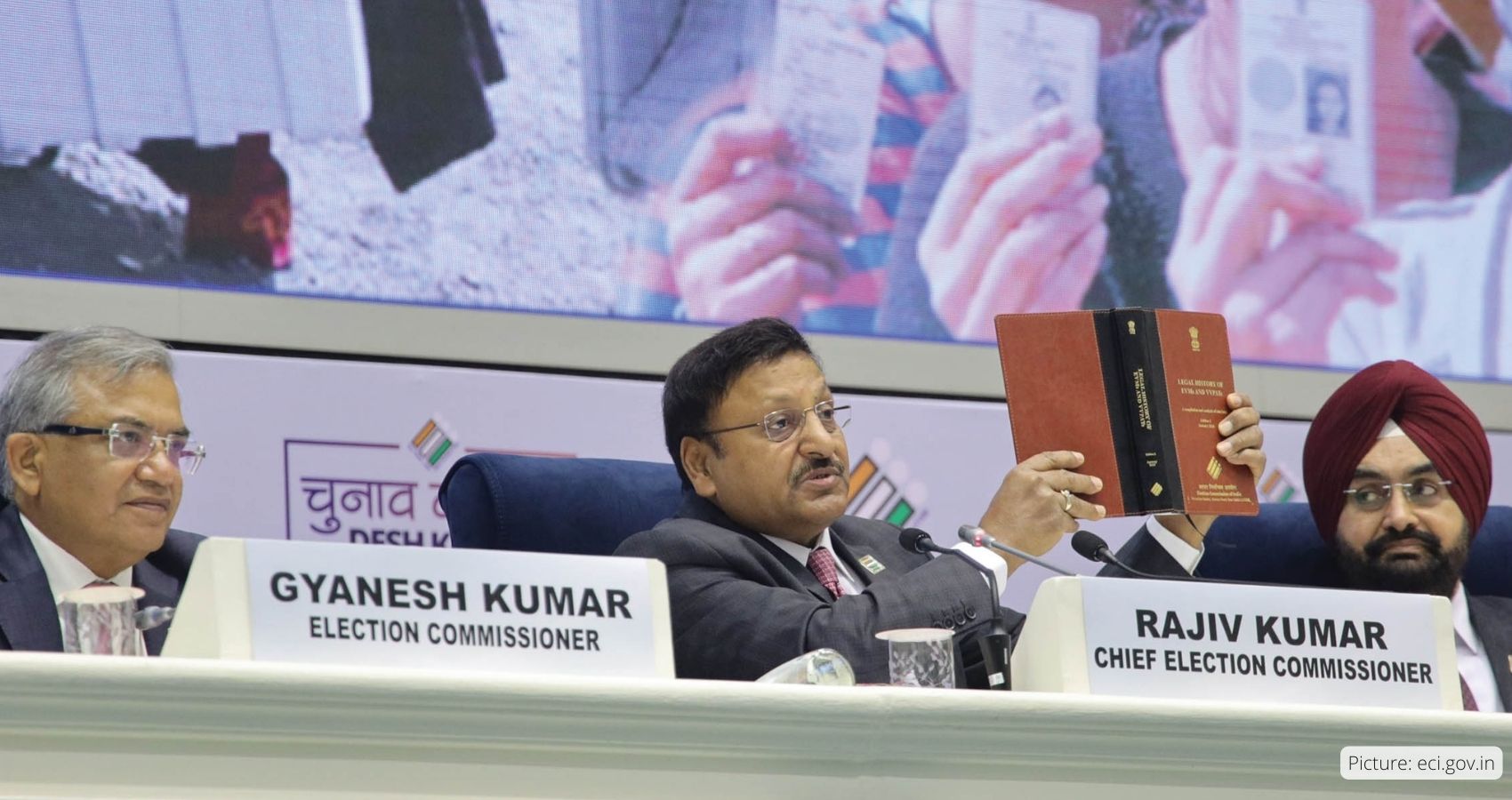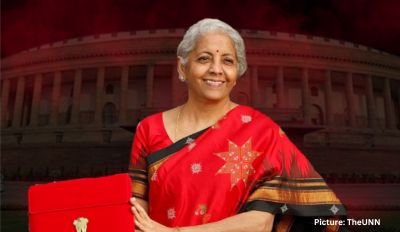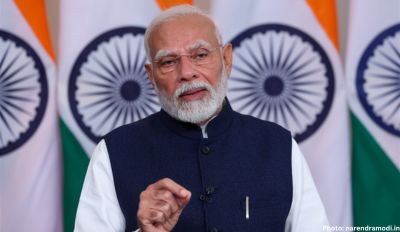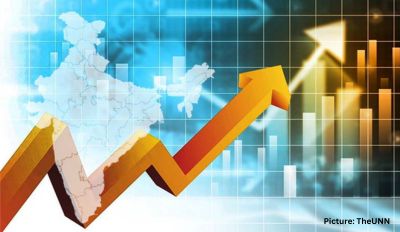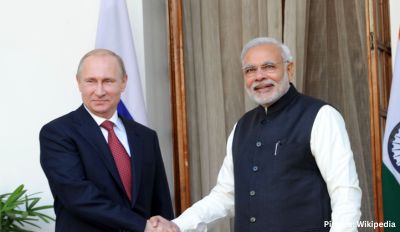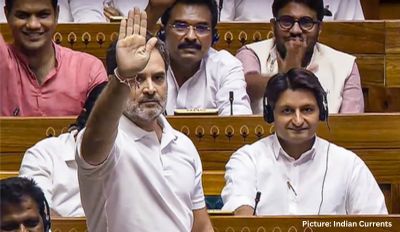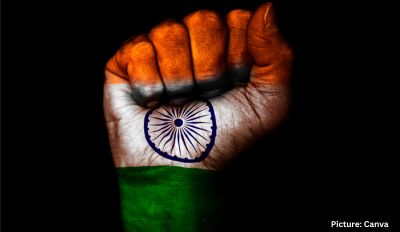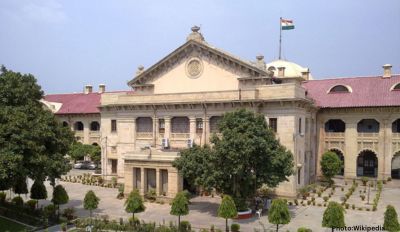India announced on Saturday that its general elections, spanning six weeks, will commence on April 19, with expectations leaning towards a triumph for Prime Minister Narendra Modi and his Bharatiya Janata Party (BJP), steeped in Hindu nationalism.
The electoral process, unfolding across seven phases, will witness various states voting at distinct intervals, culminating in the announcement of results on June 4. A staggering 970 million voters, constituting over 10% of the global populace, will cast ballots to select 543 members for the lower house of Parliament, serving a five-year term.
Prime Minister Modi, vying for a third consecutive tenure, confronts minimal opposition, with the primary challenger being an alliance of more than twenty regional parties led by the Indian National Congress, grappling with internal discord, defections, and ideological disparities.
Pundits speculate that these elections could solidify Modi’s position as one of India’s most influential and transformative leaders, intent on reshaping the nation from a secular democracy to an overtly Hindu-centric state.
The electoral process will unfold in successive phases, with each phase spanning a single day, enabling the government to deploy substantial security forces to deter violence and facilitate the movement of electoral officials and voting machines across diverse constituencies, encompassing populous cities and remote rural areas.
India employs a first-past-the-post multiparty electoral system, wherein the candidate garnering the highest number of votes emerges victorious.
In the lead-up to the polls, Modi has embarked on a nationwide tour, inaugurating infrastructure projects, delivering speeches, and engaging with the electorate. His popularity surged notably following the inauguration of a Hindu temple in the northern city of Ayodhya in January, perceived as the unofficial commencement of his election campaign, as it fulfilled a longstanding Hindu nationalist pledge of his party.
Modi, aged 73, ascended to power in 2014, riding on promises of economic progress and portraying himself as an anti-establishment figure challenging the entrenched political elite. Over the years, he has garnered increased support, blending religious rhetoric with politics—a strategy resonating profoundly with India’s Hindu majority, albeit at the expense of diluting the country’s secular foundations.
These elections coincide with India’s heightened influence on the global stage under Modi’s leadership, owing to its robust economy and its role as a perceived counterbalance to China’s ascendancy.
Critics highlight that Modi’s nearly decade-long tenure has witnessed a surge in unemployment, notwithstanding economic expansion, along with instances of Hindu nationalist violence targeting minority communities, particularly Muslims, and a shrinking space for dissent and independent media. The opposition warns that a victory for Modi’s BJP could imperil India’s secular and democratic ethos.
A potential victory for the BJP would follow its resounding triumph in the 2019 elections, where it secured an absolute majority with 303 parliamentary seats, eclipsing the Congress party’s tally of 52 seats.

